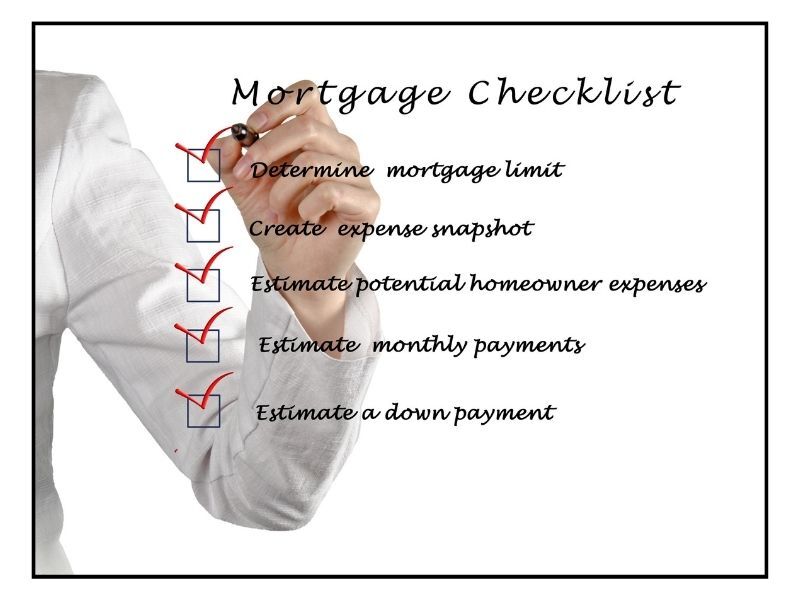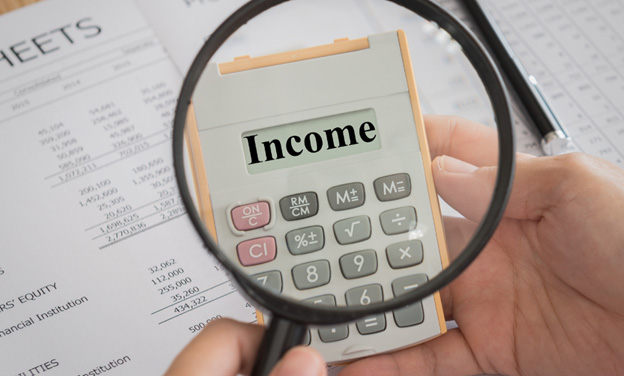 Have you finally found your dream home after months of searching, and then you are told that the seller has received other offers? No buyer wants to find themselves in a bidding war against another buyer as it is a stressful situation. Being unprepared and not having your finances in order will make it even more stressful. Here are a few quick ways if you’re looking to speed up your mortgage approval process, here’s a checklist to help you prepare:
Have you finally found your dream home after months of searching, and then you are told that the seller has received other offers? No buyer wants to find themselves in a bidding war against another buyer as it is a stressful situation. Being unprepared and not having your finances in order will make it even more stressful. Here are a few quick ways if you’re looking to speed up your mortgage approval process, here’s a checklist to help you prepare:
· Review your credit report: Maintain a good credit score by paying bills on time, reducing existing debt, and avoiding new credit inquiries. Check your credit report for errors and make sure your credit score is in good shape. A good credit score can positively impact the approval and interest rate you receive.
· Gather financial documents: Gather all necessary paperwork beforehand, including pay stubs, tax returns, bank statements, and any other financial documentation. Having these readily available will expedite the application process.
· Save for a down payment: A larger down payment can reduce the risk for lenders, making them more inclined to approve your loan faster. It can also decrease the time needed for certain approval processes.
· Stay at your job: It’s best to avoid changing jobs during the mortgage approval process.
· Avoid new credit: Don’t apply for new credit or take on new debt during the approval process.
· Don’t make big purchases: Avoid making large purchases, such as a car, during the approval process.
· Respond promptly to requests: Once you’ve applied for a mortgage, respond promptly to any requests from your lender. Delays often occur when there’s a lack of communication or slow responses to queries or requests for additional information.
· Work with a reputable lender: Choose a lender with a good reputation and experience in the mortgage industry.
· Get pre-approved: Consider getting pre-approved for a mortgage before house hunting to speed up the approval process.
Stay informed about the process and ask questions if you’re unsure about any step. Following this checklist can help speed up your mortgage approval process and make the process smoother and less stressful. Good communication with your lender is key to ensuring a smooth and expedited process.
 It is unlikely that an unconventional job will hurt your mortgage approval, as long as you can demonstrate a consistent and stable income stream that meets the lender’s requirements. Lenders are primarily concerned with your ability to repay the mortgage, and they will evaluate your income and employment history to determine whether you are a suitable candidate for a loan.
It is unlikely that an unconventional job will hurt your mortgage approval, as long as you can demonstrate a consistent and stable income stream that meets the lender’s requirements. Lenders are primarily concerned with your ability to repay the mortgage, and they will evaluate your income and employment history to determine whether you are a suitable candidate for a loan. Twenty years ago the economy was putting the dot-com bubble behind it, and people were buying homes. The high majority of folks worked for someone else; they received a paycheck, were given a W-2 from their employer, and filed their income tax returns accordingly.
Twenty years ago the economy was putting the dot-com bubble behind it, and people were buying homes. The high majority of folks worked for someone else; they received a paycheck, were given a W-2 from their employer, and filed their income tax returns accordingly. From saving up for a down payment to sussing out the ideal lender, there are so many things involved in purchasing a home that can make it seem like a rather complicated undertaking. However, like a lot of things in our lives, technology has streamlined the process in recent years. If you’re currently searching for a home on the market, here are some new technological advancements that may make buying a little easier for you.
From saving up for a down payment to sussing out the ideal lender, there are so many things involved in purchasing a home that can make it seem like a rather complicated undertaking. However, like a lot of things in our lives, technology has streamlined the process in recent years. If you’re currently searching for a home on the market, here are some new technological advancements that may make buying a little easier for you. If you are looking to buy a home, you may want to consider shopping for a loan first. Having your financing squared away ahead of time can make it easier to be taken seriously by buyers and help move along the closing process. For those who are looking to get a mortgage soon, keep in mind that the Debt-to-Income ratio of the borrower plays a huge role in the approval of your mortgage application.
If you are looking to buy a home, you may want to consider shopping for a loan first. Having your financing squared away ahead of time can make it easier to be taken seriously by buyers and help move along the closing process. For those who are looking to get a mortgage soon, keep in mind that the Debt-to-Income ratio of the borrower plays a huge role in the approval of your mortgage application.